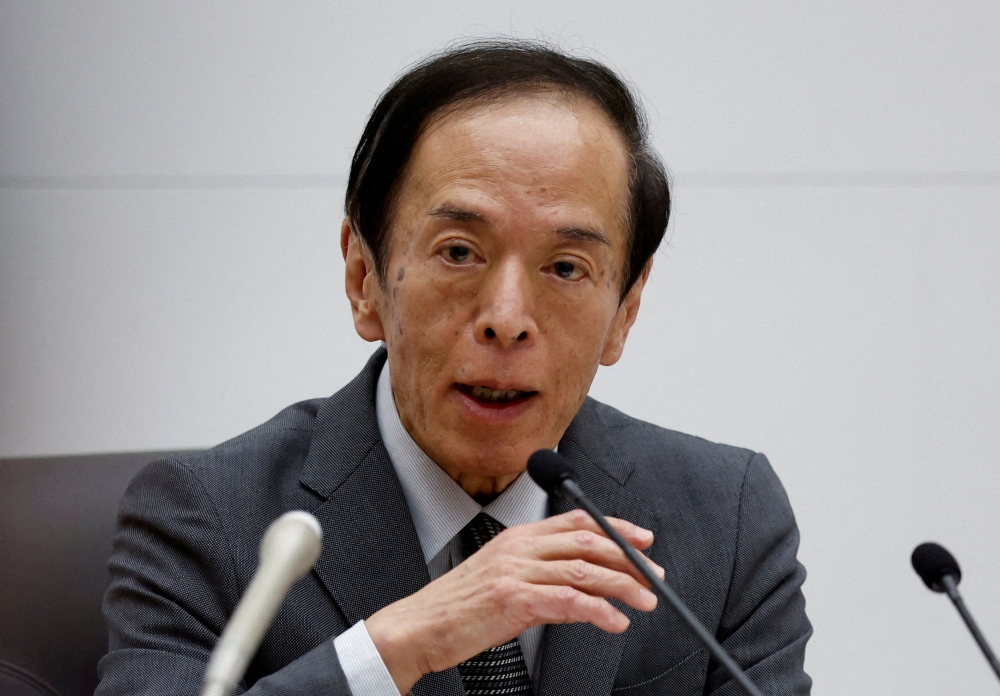

TOKYO: The Bank of Japan (BoJ) maintained ultra-loose policy settings on Tuesday in a widely expected move, as the bank opted to await more evidence on whether wages and prices would rise enough to justify a shift away from massive monetary stimulus.
The central bank also made no change to its dovish policy guidance, dashing hopes among some traders it would tweak the language to signal a near-term end to negative interest rates.
BOJ Governor Kazuo Ueda said prices and wages appeared to be moving in the right direction with labour unions and big firms signalling the chance of sustained wage gains next year. But he warned conditions remained uncertain.
"The chance of trend inflation accelerating towards our price target is gradually heightening," Ueda said in a press conference after the meeting. "But we still need to scrutinise whether a positive wage-inflation cycle will fall in place."
At the two-day meeting that ended on Tuesday, the BOJ kept its short-term rate target at -0.1% and that for the 10-year government bond yield around 0%. It also left unchanged a pledge to ramp up stimulus "without hesitation" if needed.
The yen tumbled and Japanese stocks gained after the BOJ's decision to hold off on phasing out stimulus.
Japan has seen inflation hold above 2% for over a year and some firms have signalled their readiness to keep raising wages, increasing the chance the BOJ will finally abandon its status as a dovish outlier among global central banks.
More than 80% of economists polled by Reuters in November expect the BOJ to end its negative rate policy next year with half of them predicting April as the most likely timing. Some see the chance of a policy shift in January.
Ueda gave no clear signal on how soon the BOJ could exit negative rates, but said there "won't be much data coming in" between now and the next policy meeting on Jan. 22-23.
He also said the BOJ won't rush into raising rates just because the US Federal Reserve could start cutting them soon.
"Obviously, I am always thinking about various scenarios about how we could change policy when certain conditions fall into place," Ueda said. — Reuters
Oman Observer is now on the WhatsApp channel. Click here


